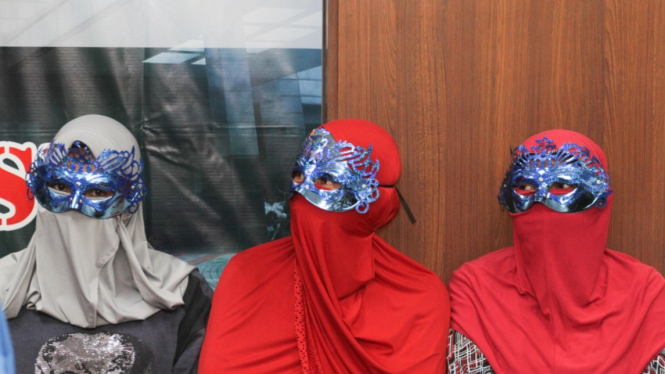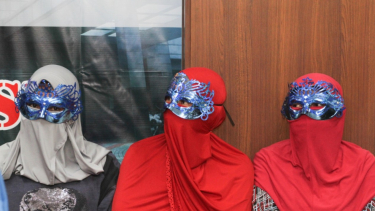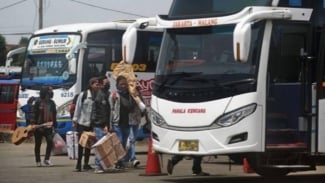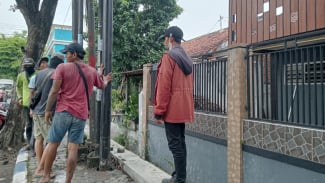Thousands of Indonesians Trapped in Online Scam Human Trafficking Network
- VIVA/M Ali Wafa
Jakarta, VIVA – The Coordinating Ministry for Human Development and Culture reported that between 2020 and March 2024, there were 3,703 Indonesian citizens who became victims of human trafficking and were employed as online scam perpetrators.
"Statistics on online scamming cases from the period of 2020 to March 2024 total 3,703 individuals," said Deputy for the Coordination of Quality Improvement for Children, Women, and Youth at the Coordinating Ministry for Human Development and Culture, Woro Sri Hastuti Sulistyaningrum, in Jakarta on Tuesday (July 30).
The majority are from Cambodia with 1,914 individuals, followed by the Philippines with 680, Thailand with 364, and Myanmar with 332.
Ilustrasi penipuan di online
- Shopee
Based on investigations conducted by the Task Force for the Prevention and Handling of Human Trafficking, around 40 percent of the victims came from North Sumatra.
"Most of them, I would say 30-40 percent, are from North Sumatra," Sulistyaningrum remarked.
Sulistyaningrum added that the victims of human trafficking employed as online scam perpetrators came from educated backgrounds. They were lured by promises of jobs in information and technology (IT) at foreign companies.
"The victims are tech-savvy, in the productive age range of 18 to 35 years, and some even hold advanced degrees, including master's degrees," she continued.
However, upon arriving in the destination countries, the victims were forced to work in roles that did not match the initial agreements.
The victims were even threatened with salary cuts if they did not meet the targets set by the owners of these illegal businesses.
"So, if they do not meet their targets, their salaries are cut. They're not allowed to go anywhere, they just stay there to work, it’s akin to confinement, exploitation, and that’s why it is considered human trafficking," she stated.


































